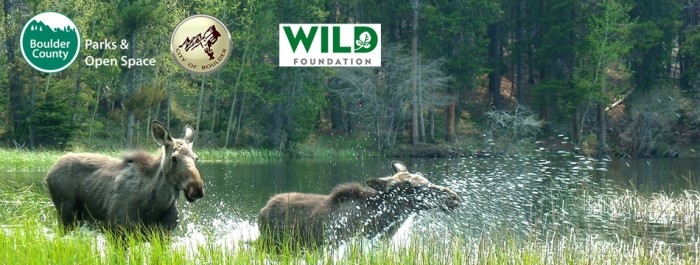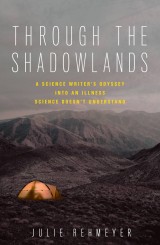 We offer two feature interviews on today’s show.
We offer two feature interviews on today’s show.
Chronic Fatigue Syndrome (start time: 11:49) Imagine spending years waking up so sore and fatigued many mornings that you can barely move. And traversing the country to find doctors who could offer a clear diagnosis, only to find out they don’t really know. And feeling your friendships and professional relationships start to fray, as people question whether you’re making up your illness. For those who have suffered from chronic fatigue syndrome (CFS, or ME), or a similar disease, Julie Rehmeyer’s story may sound painfully familiar. The science and math writer talks with host Susan Moran about her new book about the illness, called Through the Shadowlands: A Science Writer’s Odyssey Into an Illness Science Doesn’t Understand. Rehmeyer will speak about her book on Thursday at 7:30 p.m. at the Boulder Book Store.
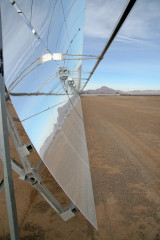
Renewable Energy Debate (start time: 3:20): A bitter scientific debate, as reported in the Washington Post, has surfaced among two scientific groups that are both pushing to decarbonize U.S. electricity generation. On one side are experts such as Boulder mathematician Christopher Clack, who contends in a new analysis that the U.S. can cut its carbon emissions by nearly 80%, using existing technologies, by 2030. On the other side of this feud is Mark Jacobson, an atmospheric scientist and engineer at Stanford University. He claims the nation can move to 100% renewable energy by 2055. This week, in a peer-reviewed analysis published in the Proceedings of the National Academies of Sciences, Clack and colleagues call Jacobson’s vision of 100% renewables unrealistic, and says his calculations and modeling are full of errors. Jacobson and his group have countered Clack et al’s analysis is full of errors. Dr. Clack, founder of Vibrant Clean Energy and with NOAA and the University of Colorado Boulder when he conducted this research, talks with host Shelley Schlender about the science, the debate, and what it means for the pursuit of clean energy.
Hosts: Susan Moran, Shelley Schlender
Producer: Susan Moran
Engineers: Maeve Conran, Shelley Schlender
Executive Producer: Susan Moran
Listen here to the show:
Podcast: Play in new window | Download (Duration: 27:40 — 25.3MB)
Subscribe: RSS




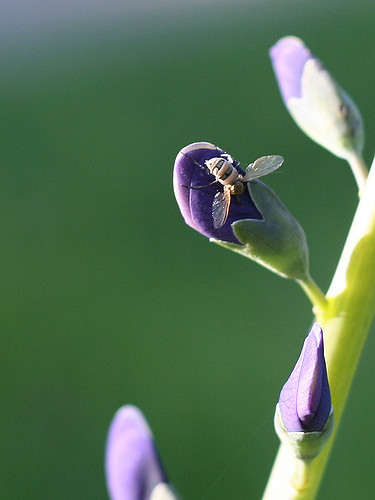
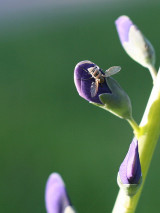
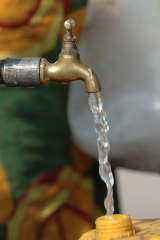 Testing Drinking Water (start time: 14:00): Two years ago Flint, Mich., turned the issue of lead in
Testing Drinking Water (start time: 14:00): Two years ago Flint, Mich., turned the issue of lead in 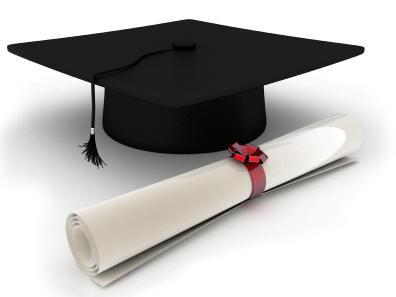
 With graduation season is upon us, or in many cases in the rearview mirror, today’s edition of How on Earth is the second of a two-part “Graduation Special”. Our guests in the studio today are scientists who recently graduated with – or soon will receive – their Ph.D. They talk about their thesis research, their grad school experiences, and what they have planned next.
With graduation season is upon us, or in many cases in the rearview mirror, today’s edition of How on Earth is the second of a two-part “Graduation Special”. Our guests in the studio today are scientists who recently graduated with – or soon will receive – their Ph.D. They talk about their thesis research, their grad school experiences, and what they have planned next. Abby Koss
Abby Koss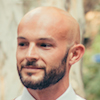 Matteo Crismani
Matteo Crismani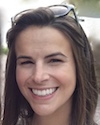
 Morgan Rehnberg – CU Boulder,
Morgan Rehnberg – CU Boulder, 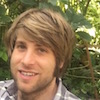 David Horvath – Colorado School of Mines,
David Horvath – Colorado School of Mines, 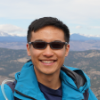 Joseph Lee – CU Boulder,
Joseph Lee – CU Boulder, 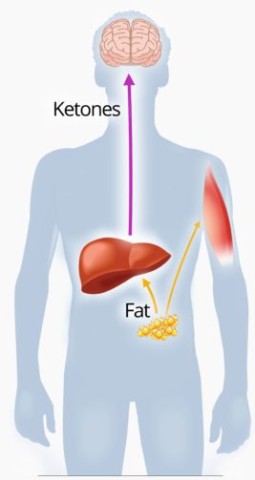
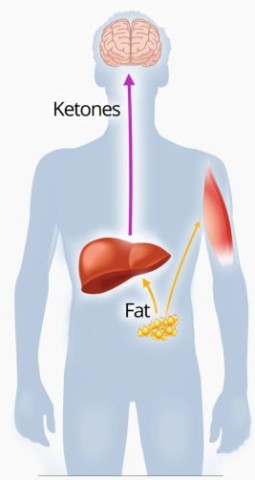 In their upcoming book,
In their upcoming book, 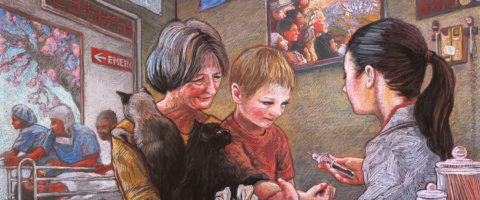
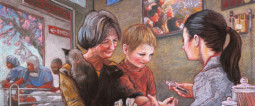

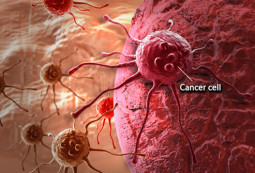
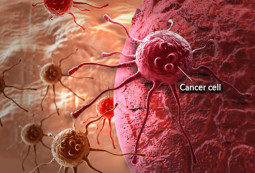
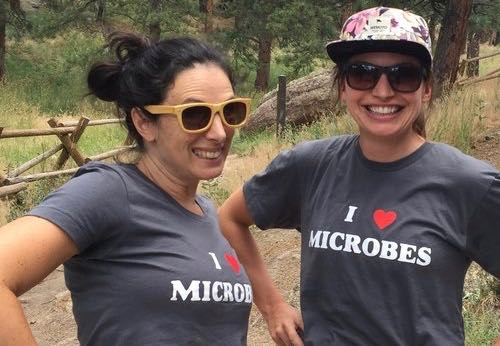
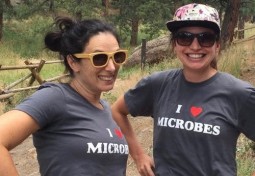
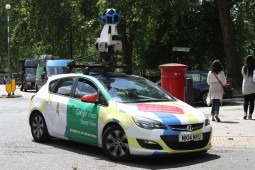
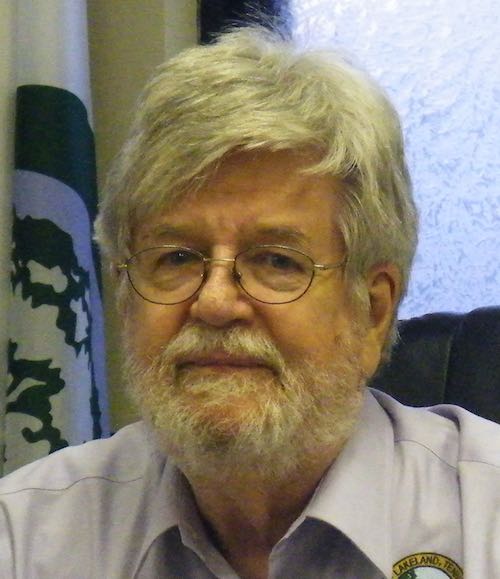
 Today’s How on Earth show is a special edition in conjunction with the
Today’s How on Earth show is a special edition in conjunction with the 